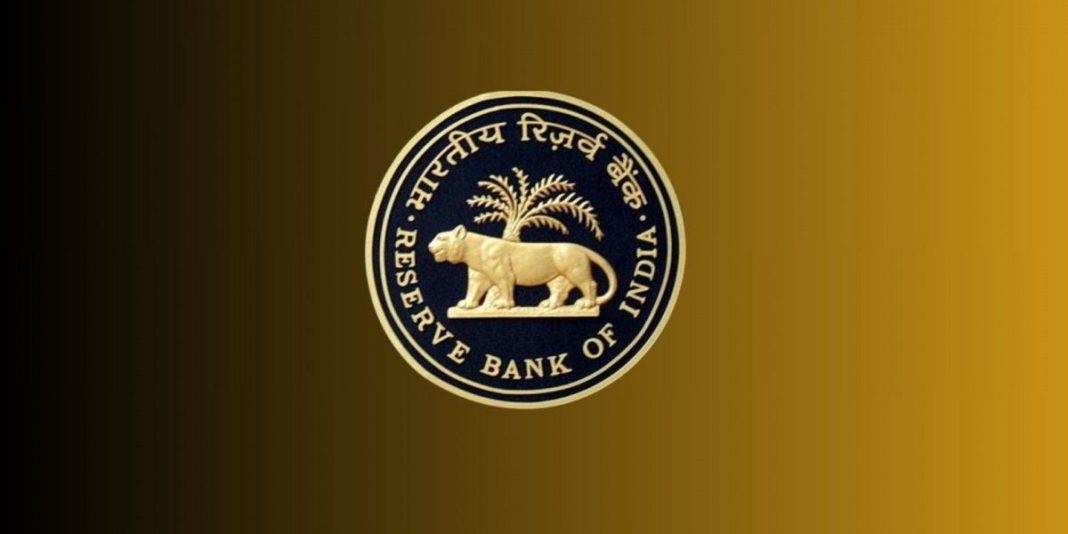India’s central bank, the Reserve Bank of India (RBI), has expressed concerns that introducing regulatory frameworks for cryptocurrencies could effectively legitimize them—making them more mainstream—and that this might lead to systemic risks for the financial system.
A recent government document viewed by Reuters says that while many countries are moving ahead with full crypto regulation, India is resisting full integration of crypto assets into its formal financial system. The RBI believes that regulation alone might not be enough to contain risks related to the crypto sector, especially if it becomes intertwined with traditional finance.
Key Details From the Document
- Systemic Risk Fears: RBI and the government view that legitimizing cryptocurrencies could lead the sector to become systemic in nature, meaning its failures or instability could spill over into broader financial systems.
- Regulation Insufficient Alone: The document highlights that regulation might not be a sufficient tool for risk mitigation, especially for peer-to-peer (P2P) trading or decentralized exchanges, which are hard to fully monitor.
- Stablecoin & Payments System Concerns: One major issue noted is stablecoins, especially U.S. dollar-pegged ones. Their widespread adoption could fragment India’s payment system (notably UPI) and undermine monetary policy effectiveness.
- Current Size & Risk: Although cryptocurrency holdings in India are estimated around US$4.5 billion, the RBI considers that to be small currently, but warns that growth and linkages with traditional finance are cause for caution.
Implications & Possible Outcomes
Implications
- Regulatory Delay / Partial Oversight: India may continue with partial regulation or oversight (e.g. taxation, anti-money-laundering), but avoid fully integrating crypto into banking/payment systems for now. Reuters
- Cautious Policy Framework: Policymakers may adopt measures that limit how crypto interacts with formal finance—e.g. restricting banks from offering crypto services, or limiting stablecoin use.
- Investor Uncertainty: For crypto firms and investors, this uncertainty can affect business planning, compliance costs, and potential risk of stricter future restrictions.
Possible Outcomes
- The government may issue a discussion paper or further documents clarifying boundaries of crypto regulation vs. what’s disallowed.
- India might regulate stablecoins separately, possibly banning or restricting certain types seen as more risky.
- Traditional financial institutions may be kept at arm’s length from deeper engagement with crypto until more clarity is obtained.
Comparison: India vs Other Countries
- Some countries (like the U.S., Japan, parts of the EU) are pushing ahead with formal regulation and frameworks for crypto/stablecoins, trying to establish rules that allow innovation while managing risk.
- India’s approach appears more cautious—focusing more on preventing financial stability risks, rather than encouraging the sector via regulation.



